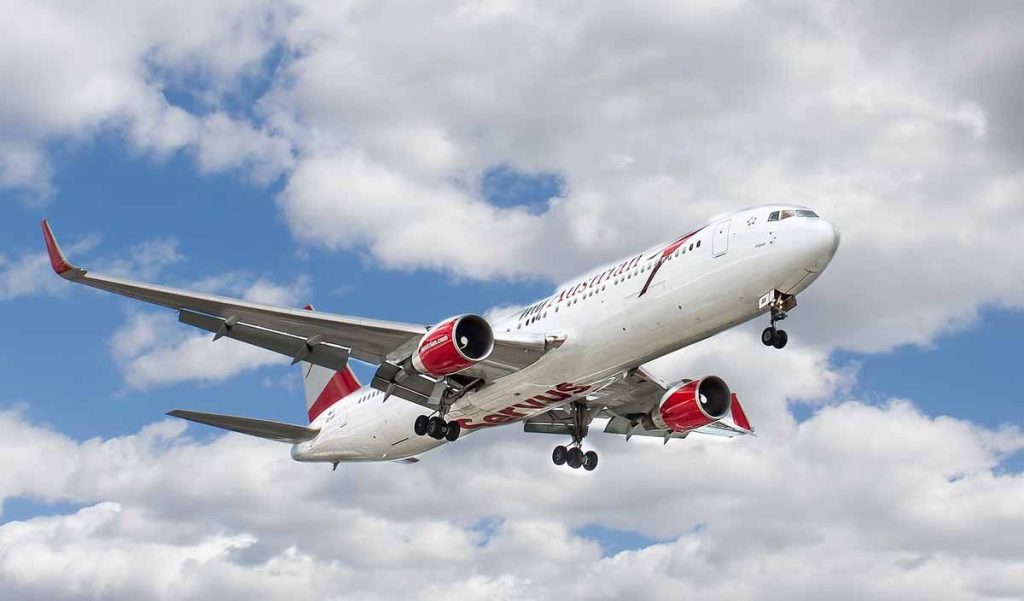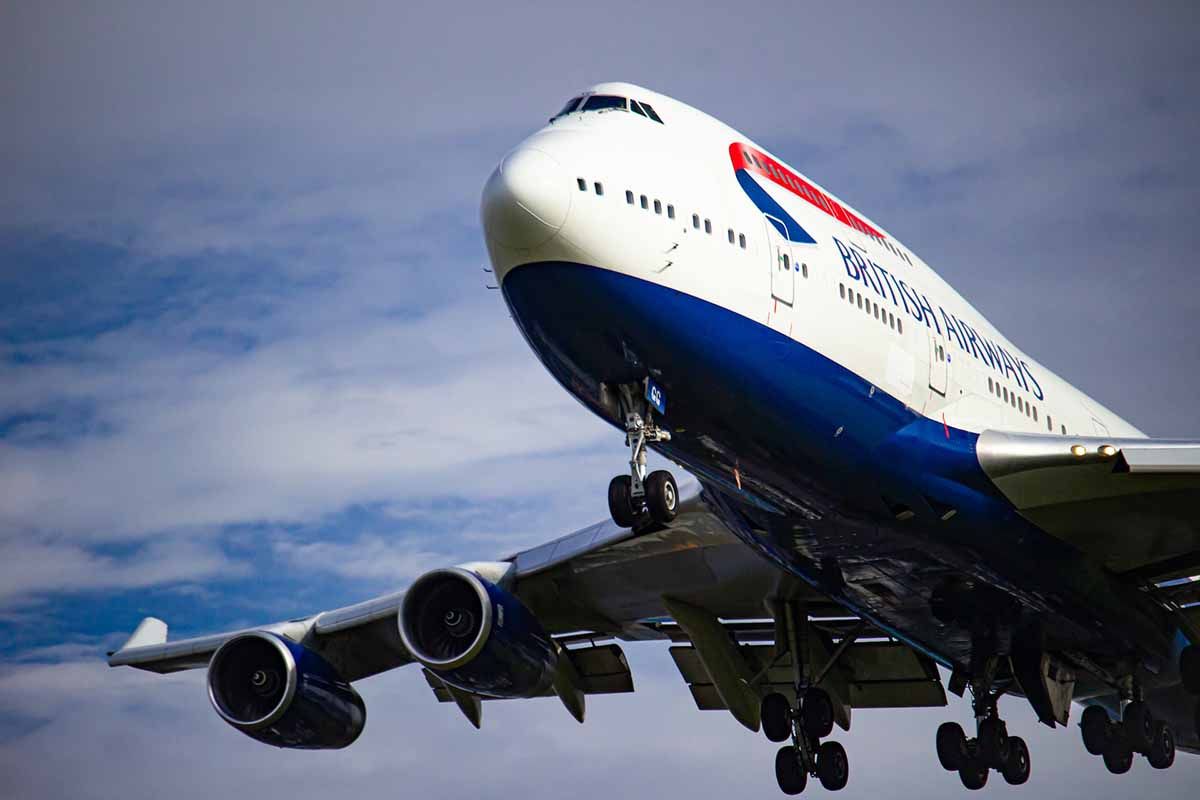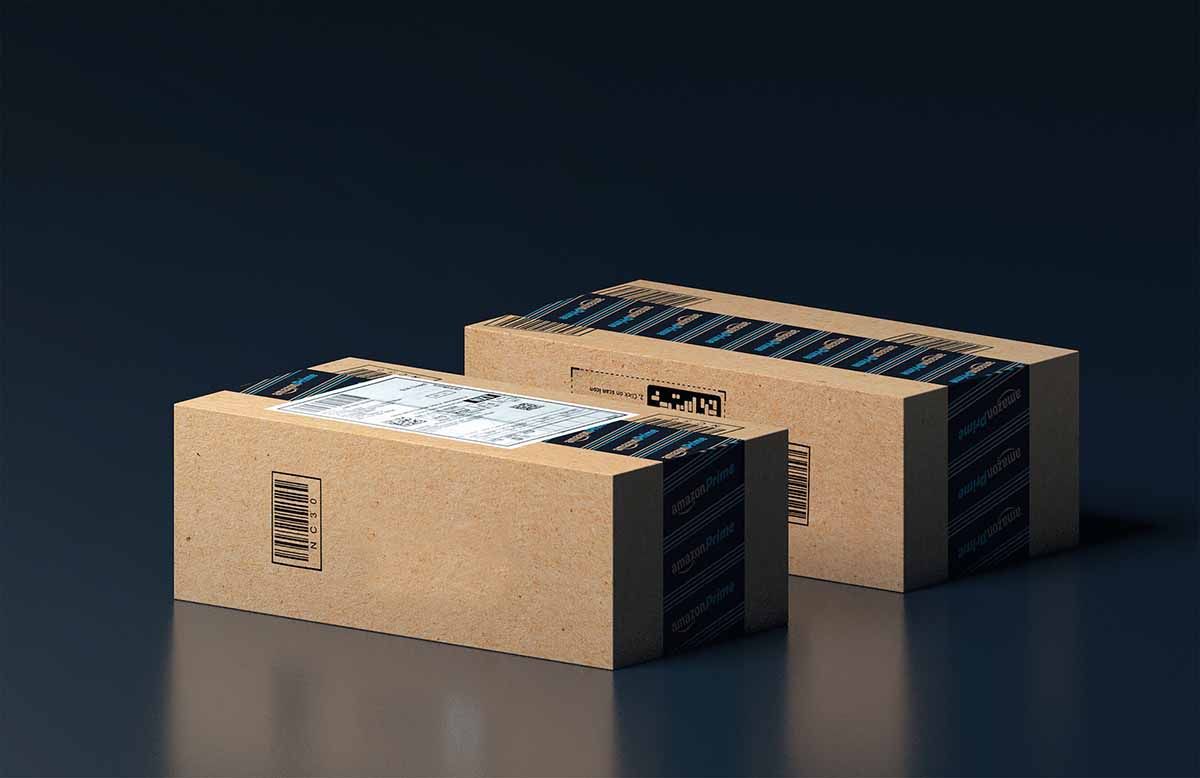4 Things to be aware of when shipping by air freight

Here are four key things to be aware of when shipping by air freight:
1. Transit Time and Speed:
Air freight is known for its speed and efficiency compared to other modes of transportation like sea or land. However, it’s important to note that while air shipping is generally faster, there can still be variations in transit times due to factors like weather, customs clearance, and routing. Be prepared for potential delays and plan your shipping timeline accordingly.
Flight Routes and Connections:
Transit times can vary based on the flight routes and connections involved. Direct flights are usually faster, but they might not be available for all destinations. Flights with layovers or connections might extend the overall transit time, so it’s essential to factor in these details when planning your shipment.
Weather and Delays:
While air freight is generally faster, it’s still subject to weather conditions and potential delays. Adverse weather, such as storms, fog, or heavy winds, can lead to flight cancellations or diversions, impacting the estimated transit time. Be prepared for potential weather-related delays and build in some buffer time when setting delivery expectations.
Customs Clearance:
The time spent in customs clearance can significantly impact the overall transit time. Different countries have varying customs procedures, and some shipments might be subject to more thorough inspections than others. Delays in customs clearance can occur due to incomplete or inaccurate documentation, so ensuring all paperwork is in order is crucial.
Airport Handling and Security Checks:
Airports have security protocols and handling procedures that can affect transit times. Cargo needs to go through security checks, which can sometimes result in longer processing times. Efficient handling and coordination at both departure and arrival airports are important to minimize delays.
Booking and Capacity:
The availability of flights and cargo space can impact transit times. During peak seasons or high-demand periods, securing cargo space might be more challenging, potentially leading to longer transit times. Booking your shipment well in advance and working with experienced freight forwarders can help ensure that you secure the best available options for your timeline.

2. Packaging and Handling:
Air cargo is subject to various handling processes, including loading, unloading, and potential shifts during flight. Proper packaging is essential to protect your goods from damage. Use sturdy, appropriate packaging materials, and ensure that your goods are packed securely to withstand the rigors of air transportation.
Secure and Sturdy Packaging:
Air freight involves various handling processes, including loading, unloading, and potential movement during the flight. Choose packaging materials that are durable, strong, and capable of protecting your goods from shocks and vibrations. Use appropriate cushioning, padding, and protective materials to prevent damage during transit. Consider the nature of your goods and their fragility when selecting packaging materials.
Weight Distribution and Balance:
Proper weight distribution within each package and across multiple packages is crucial to maintain balance during transportation. Unevenly distributed weight can lead to instability during handling, potentially causing damage to your goods or affecting the safety of the aircraft. Ensure that your packages are well-balanced and follow any weight guidelines provided by the airline or freight forwarder.
Labeling and Documentation:
Clearly label each package with essential information, including the shipper’s and consignee’s details, package content descriptions, and any handling instructions. Accurate and visible labeling helps ensure that your packages are handled correctly and routed to the intended destination. Include a packing list inside each package for easy identification of the contents, which can aid in customs clearance and inspections.

3. Documentation and Regulations:
As mentioned earlier, accurate and complete documentation is critical for air freight shipments. Failure to provide the necessary documentation or comply with regulations can lead to delays and additional costs. Familiarize yourself with the required paperwork, customs procedures, and any specific regulations related to your goods and the destination country.
Accurate and Complete Documentation:
Providing accurate and complete documentation is essential for the successful transportation of your goods. This includes the commercial invoice, packing list, air waybill (AWB), certificate of origin, and any other relevant documents required by customs and regulatory authorities. Incomplete or incorrect documentation can lead to delays, fines, and even the refusal of entry for your goods at the destination.
Customs Regulations and Declarations:
Different countries have varying customs regulations and requirements. You need to ensure that your documentation complies with the customs regulations of both the exporting and importing countries. This includes declaring the correct value of goods, identifying the goods accurately, and adhering to any specific import or export restrictions, tariffs, or taxes.
Dangerous Goods Regulations:
If you are shipping hazardous materials, chemicals, or items classified as dangerous goods, you must comply with strict international regulations, such as the International Air Transport Association (IATA) Dangerous Goods Regulations. This includes proper packaging, labeling, and documentation to ensure the safety of the aircraft, crew, and other cargo.
Security and Compliance:
Air freight is subject to rigorous security measures due to aviation safety concerns. You might need to provide additional security-related documentation, such as the Known Consignor Declaration or the Regulated Agent Declaration, which demonstrate that your goods have undergone appropriate security protocols. Failure to comply with security requirements can lead to delays and disruptions in your shipment.

4. Customs Clearance and Import Duties:
Customs clearance is an important step in the air freight process. Different countries have varying customs procedures, and it’s essential to understand the import duties, taxes, and fees that may apply to your shipment. Work with customs brokers or freight forwarders to ensure that your goods are properly declared and cleared through customs.
By staying informed about these key factors, you can effectively plan and execute your air freight shipments, minimizing potential challenges and ensuring a smoother shipping process.

